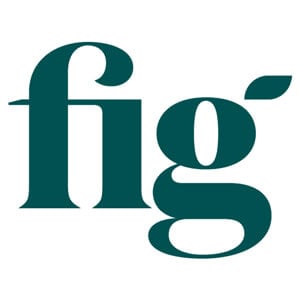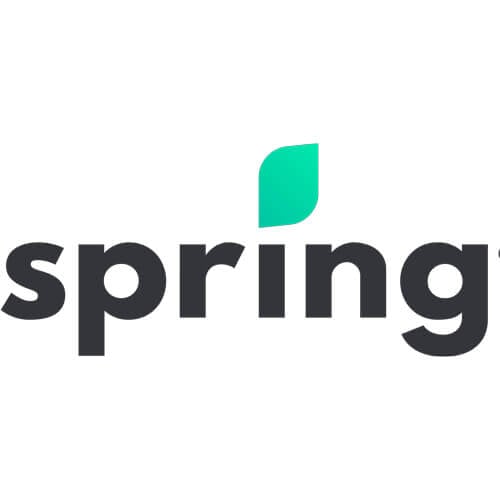Why Canadian consumer debt continues to grow
Consumer debt reached a record $2.5 trillion last quarter. Find out what’s driving increased debt levels among certain groups in Canada.
Advertisement
Consumer debt reached a record $2.5 trillion last quarter. Find out what’s driving increased debt levels among certain groups in Canada.

Consumer debt rose to a record $2.5 trillion in the third quarter as many Canadians continue to struggle with high living costs and rising unemployment, new surveys from two credit bureaus say.
Newcomers and consumers who borrowed money for the first time in the past 12 to 36 months saw the biggest rise in missed payments, compared with the same consumer group last year, Equifax’s report published Tuesday, showed.
“Recent newcomers to Canada are facing challenges in navigating the Canadian financial economy. Historically, newcomers have demonstrated strong credit performance in the first few years of being in the country,” said Rebecca Oakes, vice-president of advanced analytics at Equifax Canada, in a statement.
“However, rising unemployment levels combined with high inflation in the last few years has likely added significant financial pressure to this group,” she added.
The bureau said more than 1.3 million consumers missed a credit payment in the third quarter, up 10.6% from a year ago.
In under 60 seconds, get matched with a personalized list of loan providers based on your needs and approval likelihood. No SIN required.
Despite an elevated delinquency rate, Equifax said the pace of missed payments has begun to slow following recent interest rate cuts.
Another credit bureau, TransUnion, said on Tuesday total consumer credit debt rose 4.1% in the third quarter year-over-year as more gen Z consumers entered the credit market—making them the fastest-growing segment to carry an outstanding balance.
It said about 45% of the total household debt in Canada is held by millennial and gen Z consumers, who hold $1.1 trillion in outstanding balances.
TransUnion also said consumers are now facing higher minimum payments, especially for mortgages, which have risen 11% year-over-year.

Apply for a personal loan with a 8.99% to 29.49% APR. Plus, 100% online application and no early repayment fees.

Apply for a personal loan with a 9.99% to 34.95% APR. Plus, fast e-transfers and no hit to your credit score when you apply.

Pre-qualify instantly to borrow up to $35,000, with rates from 8.99%
Equifax said auto loans were one of the biggest drivers of rising consumer debt, with non-bank auto loans up 12% and bank auto loans up 2.7% year-over-year in the third quarter.
Oakes of Equifax Canada said small affordability improvements in the auto market such as moderating car prices and easing financing rates are leading to increased demand for vehicle purchases.
TransUnion forecasts auto loan sizes in 2025 will remain flat as lower interest rates will offset high average vehicle costs, while overall auto delinquencies are expected to improve slightly next year.
Average credit card balances are expected to grow 3.9% to $3,320 among prime and above consumers by the end of the year next year, TransUnion said. Those below prime risk tiers could see an increase of 1.6% or $9,231.
“Though pockets of stress may linger, the continued improvement of macroeconomic conditions, such as inflation and interest rates, is expected to ease pressure on consumer wallets,” Matthew Fabian, director of financial services research and consulting at TransUnion Canada, said.
Share this article Share on Facebook Share on Twitter Share on Linkedin Share on Reddit Share on Email